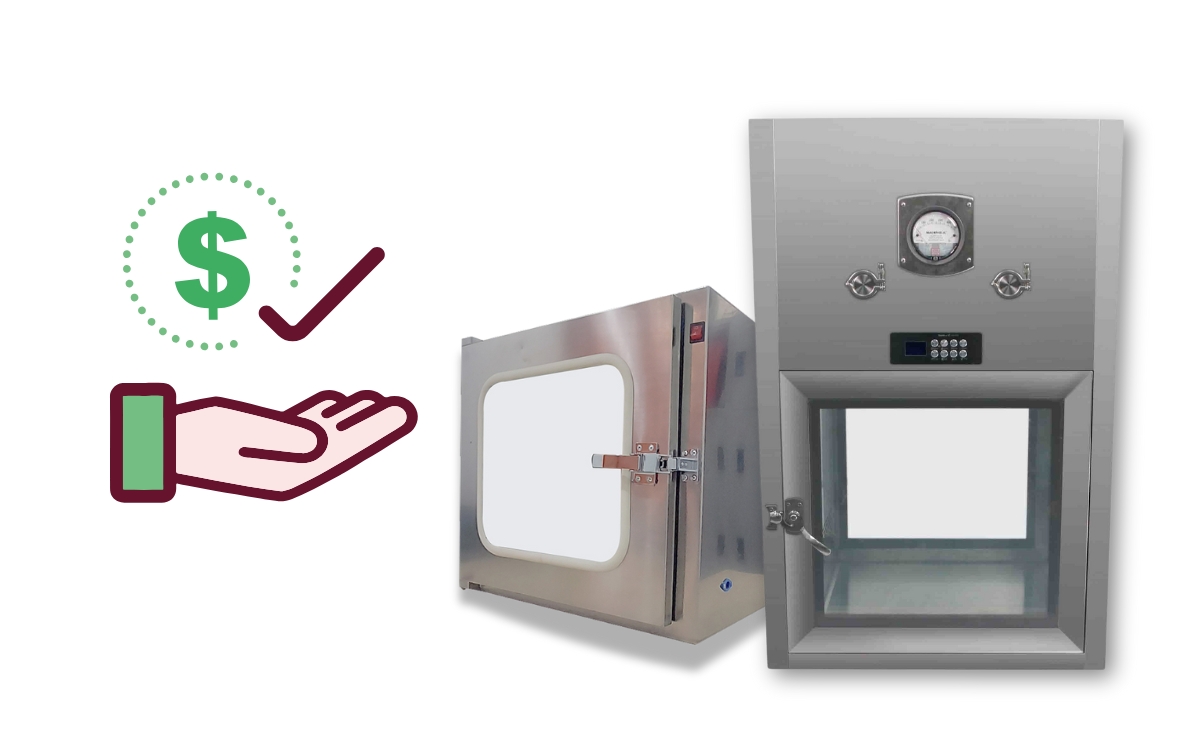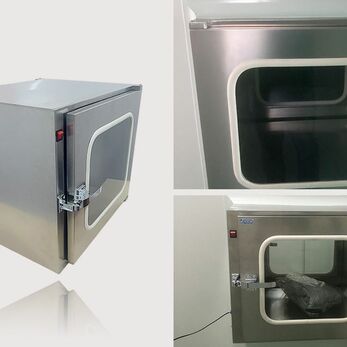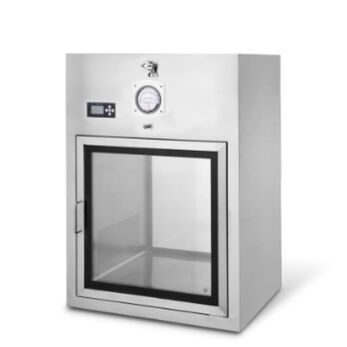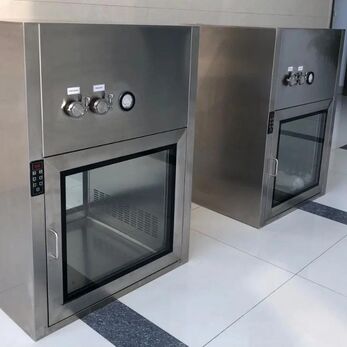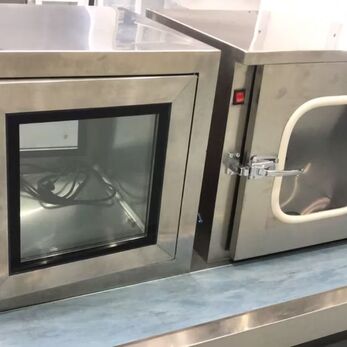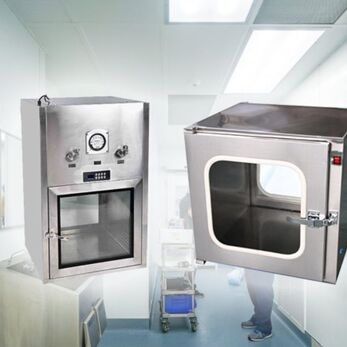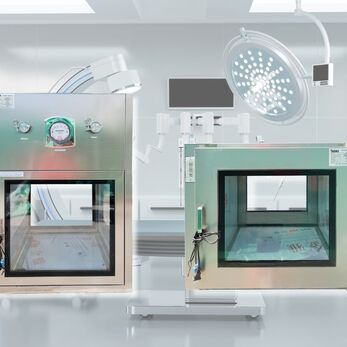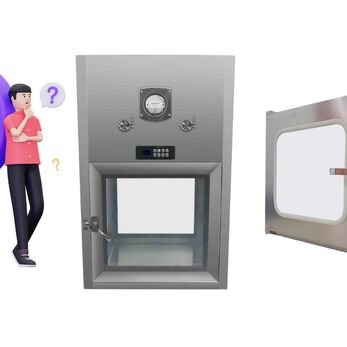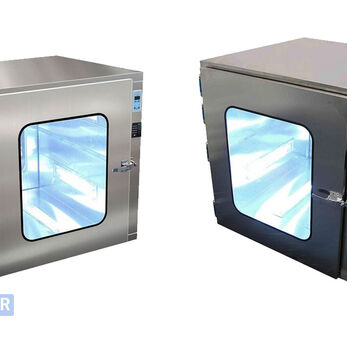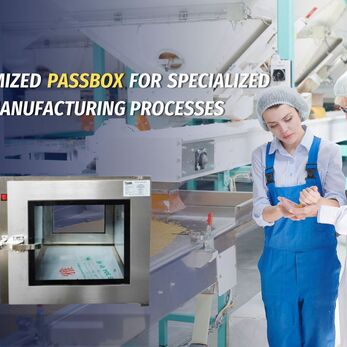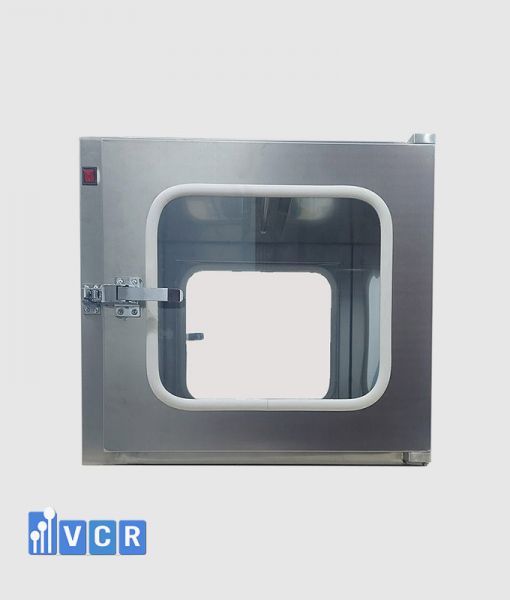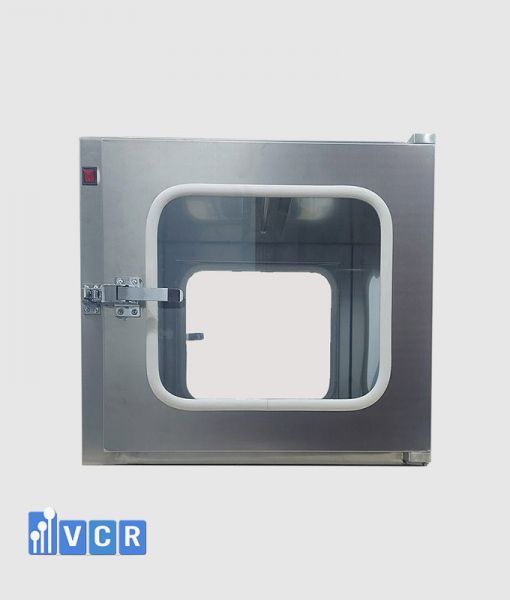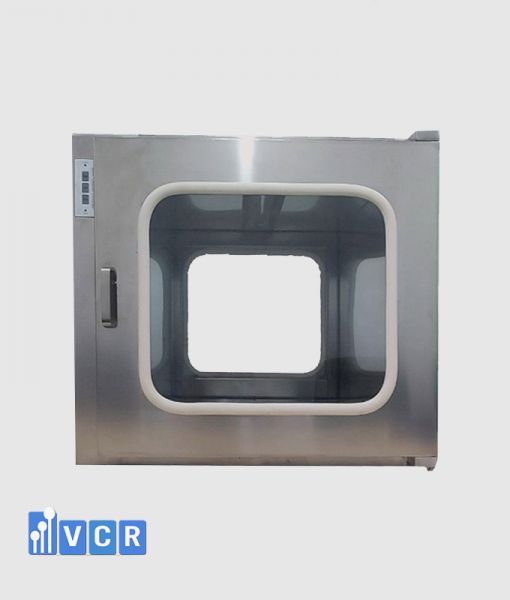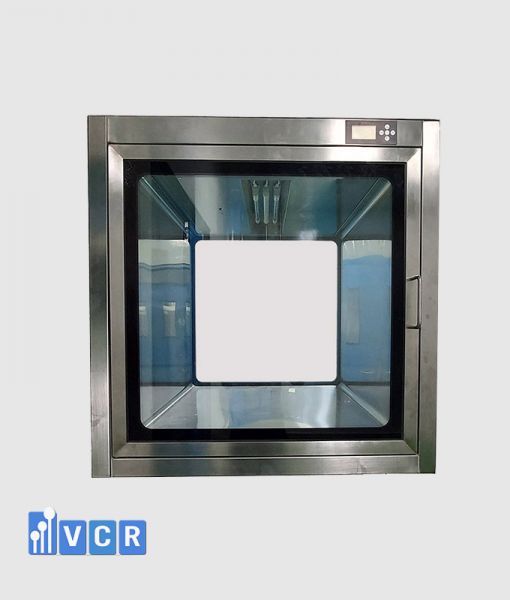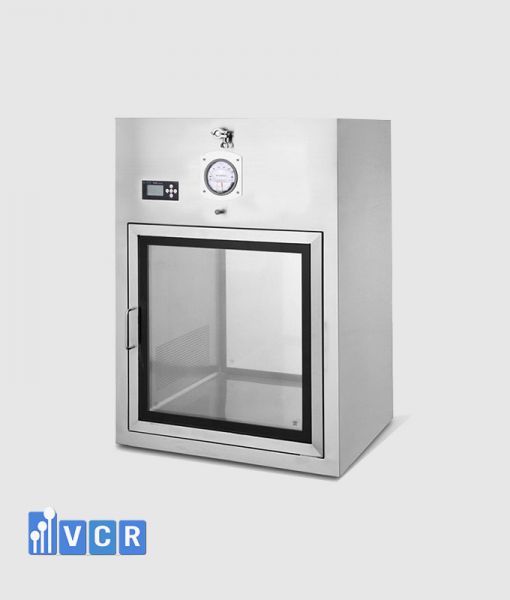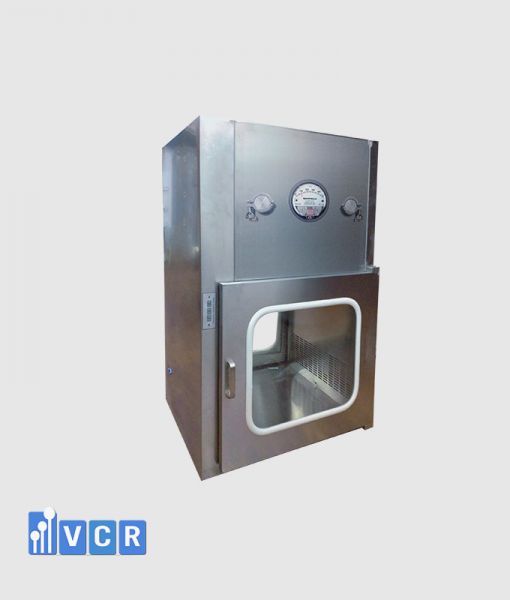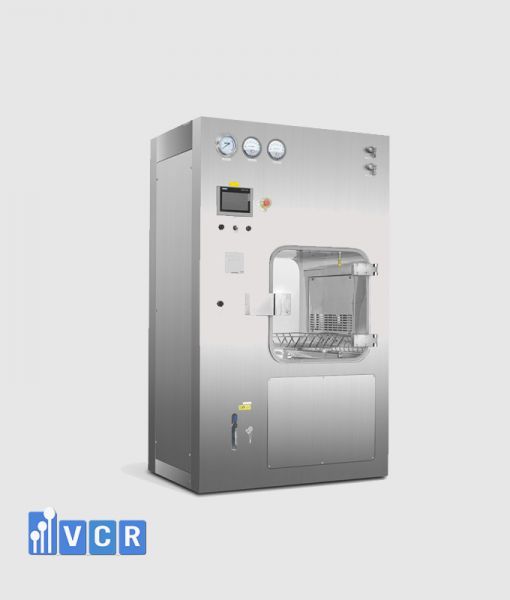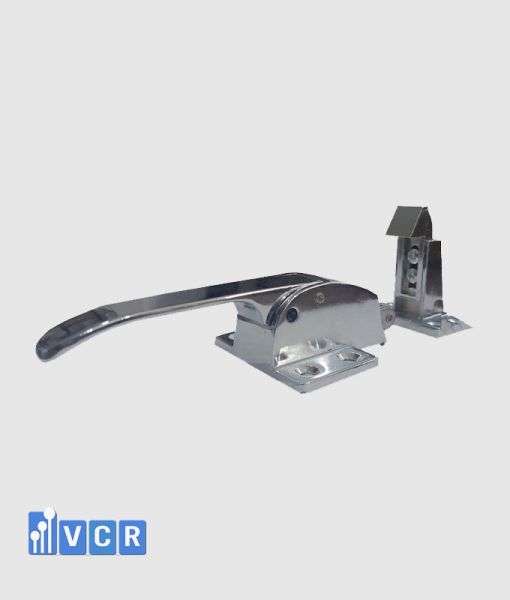In the cosmetics manufacturing environment, Passbox plays a key role in preventing cross-contamination and protecting product quality. It is a device that safely transfers items between areas of different cleanliness levels, helping to maintain GMP and ISO 22716 standards.
- 1. The Role of Passbox in Cosmetic Manufacturing Plants
- 2. Types of Passboxes Suitable for Cosmetic Factories
- 3. Latest Passbox Pricing for Cosmetic Manufacturing Facilities
- 4. Recommendations for Choosing Passbox by Production Zone
- 5. Delivery - Warranty - Technical Support Policy
- 6. Frequently Asked Questions About Passbox for Cosmetics Factories
- 7. Contact Us for the Right Passbox Solution for Your Cosmetic Plant
1. The Role of Passbox in Cosmetic Manufacturing Plants
In cosmetic manufacturing environments, hygiene and cross-contamination control are mandatory—especially in critical areas such as filling rooms, packaging zones, and raw material weighing areas. Transferring items between cleanroom zones without proper controls can lead to contamination by microorganisms, fine dust, or foreign particles, ultimately affecting product quality and failing to meet GMP or ISO 22716 standards.
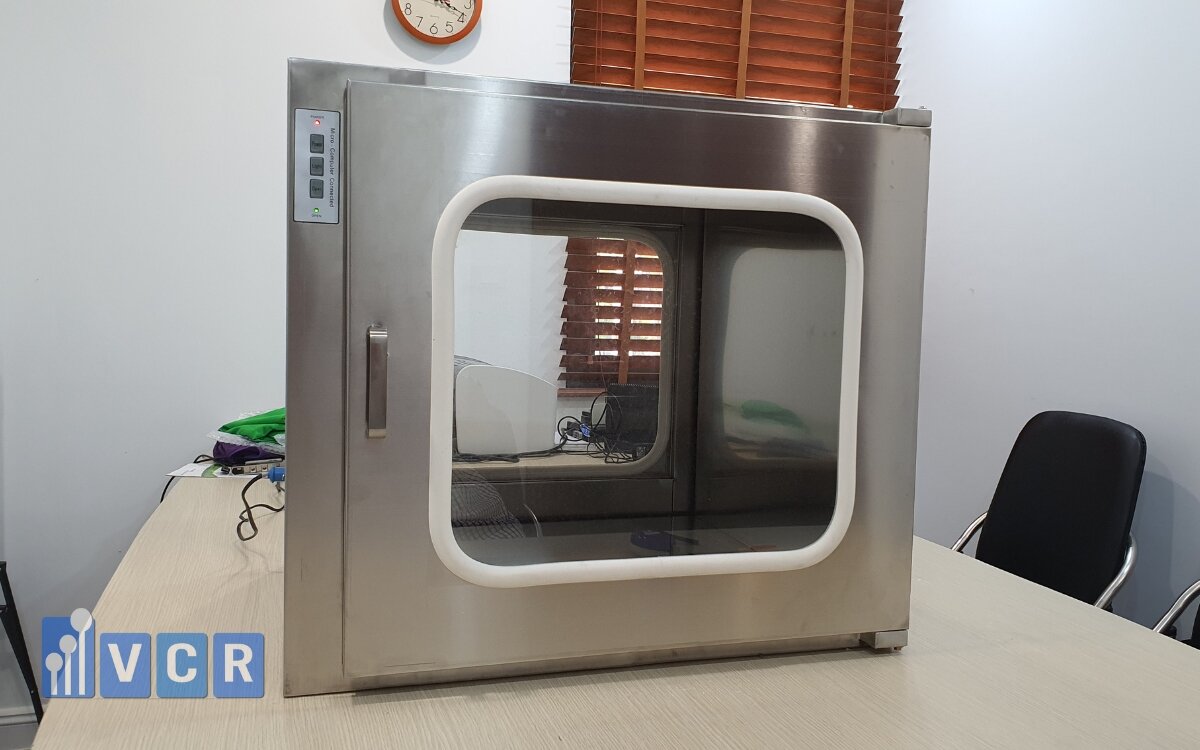
A Passbox (also known as a clean transfer hatch) is a device designed to safely transfer materials between two areas with different cleanliness levels, without disturbing airflow or causing cross-contamination. It is typically installed at key transfer points such as:
- Pre-processing area ↔ Weighing room
- Filling room ↔ Packaging area
- Raw material dispensing zone
Depending on hygiene requirements, cosmetics factories can choose from mechanical, semi-automatic, or fully electronic Passboxes. Some models are equipped with HEPA filters, UV lamps, and automatic sensors to ensure a sterile transfer process.
Thanks to their compact design, ease of use, and high efficiency in contamination control, Passboxes are considered essential equipment in any modern cosmetic manufacturing facility.
2. Types of Passboxes Suitable for Cosmetic Factories
Not all Passboxes are suitable for every production zone. Depending on the level of microbial control required, cleanroom class, and specific production processes (e.g., filling, packaging, storage), manufacturers should choose the right type of equipment.
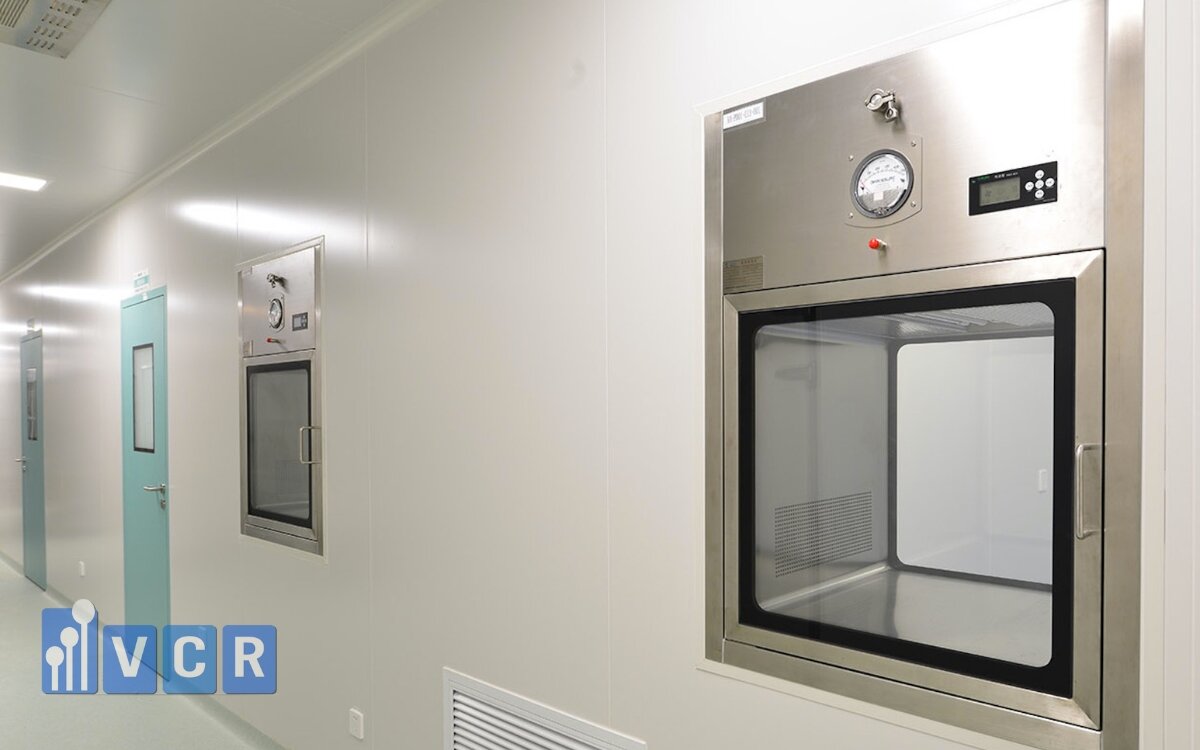
Below is a comparison table of the most common Passbox types, with key features, common applications, and suggested installation zones:
|
Type of Passbox |
Construction & Key Features |
Common Applications |
Suggested Usage Areas |
|
Mechanical Passbox |
Made of SS 201/304, manual door with mechanical lock, no fan or UV |
Transferring dry, low-risk items |
Pre-processing zones, warehouses, material intake areas |
|
Semi-Automatic Passbox |
Interlock system, equipped with HEPA fan unit and UV lamp |
Packaging materials, lightly contaminated tools |
Packaging rooms, buffer areas, intermediate storage |
|
Electronic Passbox |
Equipped with sensors, touchscreen control, automatic interlock, optional HEPA + UV |
Raw materials, finished cosmetic products, sensitive tools |
Weighing rooms, filling zones |
Selection Tips:
- Facilities certified to ISO 22716 are typically required to use Passboxes with HEPA filtration and automatic interlocking.
- Semi-automatic Passboxes offer a good balance between cost and performance—ideal for medium-sized operations.
- Mechanical Passboxes should be used only in zones with low contamination risk.
See more: Precautions on replacing filter for Pass Box
3. Latest Passbox Pricing for Cosmetic Manufacturing Facilities
Below is a reference price list for popular Passbox models commonly installed in cosmetic production zones such as weighing rooms, filling areas, and packaging sections. The prices listed apply to standard models and do not include customizations or optional accessories.
|
Product Name |
Standard Size (mm) |
Estimated Price (VND) |
Key Features |
|
Mechanical Passbox - SS304 |
600x600x600 |
9,800,000 |
Basic design, mechanical lock, easy to clean |
|
Semi-Automatic Passbox + UV Lamp |
600x600x600 |
15,500,000 |
HEPA filtration, semi-auto interlock, disinfection with UV |
|
Electronic Passbox - Touchscreen Control |
600x600x600 |
22,000,000 |
Fully automated, smart control system |
|
Premium Passbox - HEPA + Sensor Door |
800x800x800 |
28,000,000 |
Touch display, HEPA fan, door motion sensors |
Actual pricing may vary depending on specific size, material, and feature requirements. Please contact us for an accurate quotation.
Key Factors Affecting Passbox Pricing:
- Outer Material: SS201 is more economical than SS304
- Additional Functions: UV lamp, HEPA fan, sensors, touchscreen control
- Custom Size: Larger-than-standard units may increase costs by 10-20%
- Order Quantity: Bulk orders are eligible for volume discounts
4. Recommendations for Choosing Passbox by Production Zone
Each area in a cosmetic factory has different hygiene and contamination control requirements. Choosing the wrong Passbox type may reduce operational efficiency and jeopardize GMP or ISO 22716 compliance.
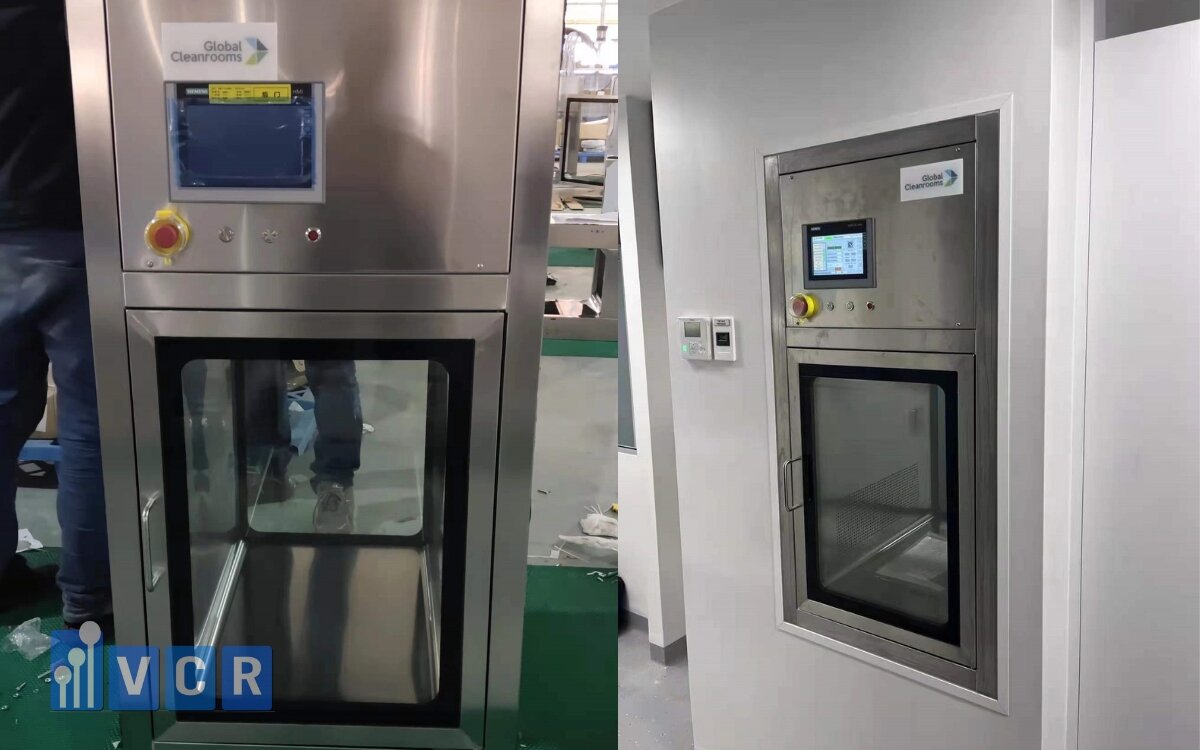
Here’s a recommendation chart for selecting the right Passbox per zone:
|
Production Area |
Cleanliness Requirement |
Recommended Passbox Type |
Reason |
|
Raw Material Receiving Area |
Medium |
Mechanical Passbox |
For non-sensitive items; no sterilization required |
|
Weighing Room |
High |
Semi-Automatic Passbox + UV |
Controls dust and microbes during weighing |
|
Mixing & Pre-product Area |
High |
Semi-Automatic or Electronic |
Reduces cross-contamination; maintains clean environment |
|
Final Product Filling Room |
Very High |
Electronic Passbox with HEPA |
Ensures sterile transfer, air pressure & dust control |
|
Packaging & Labeling Area |
Medium - High |
Semi-Automatic Passbox + UV |
Sterilizes packaging materials; maintains cleanliness |
Quick Selection Tips:
- Limited Budget? → Use Mechanical Passbox for auxiliary areas
- Balanced performance & cost? → Choose Semi-Automatic Passbox
- Premium cosmetic production or sterile zones? → Must use Electronic Passbox with HEPA filtration
See more: 4 things to pay attention to when delivering pass box
5. Delivery - Warranty - Technical Support Policy
When investing in a Passbox for a cosmetic manufacturing facility, businesses should consider not only product quality but also after-sales service, delivery timeline, and technical support. Below are the service commitments provided by VCR:
Fast & Reliable Delivery
- Nationwide shipping via reputable logistics partners
- Standard delivery time: 3-7 working days after order confirmation and deposit
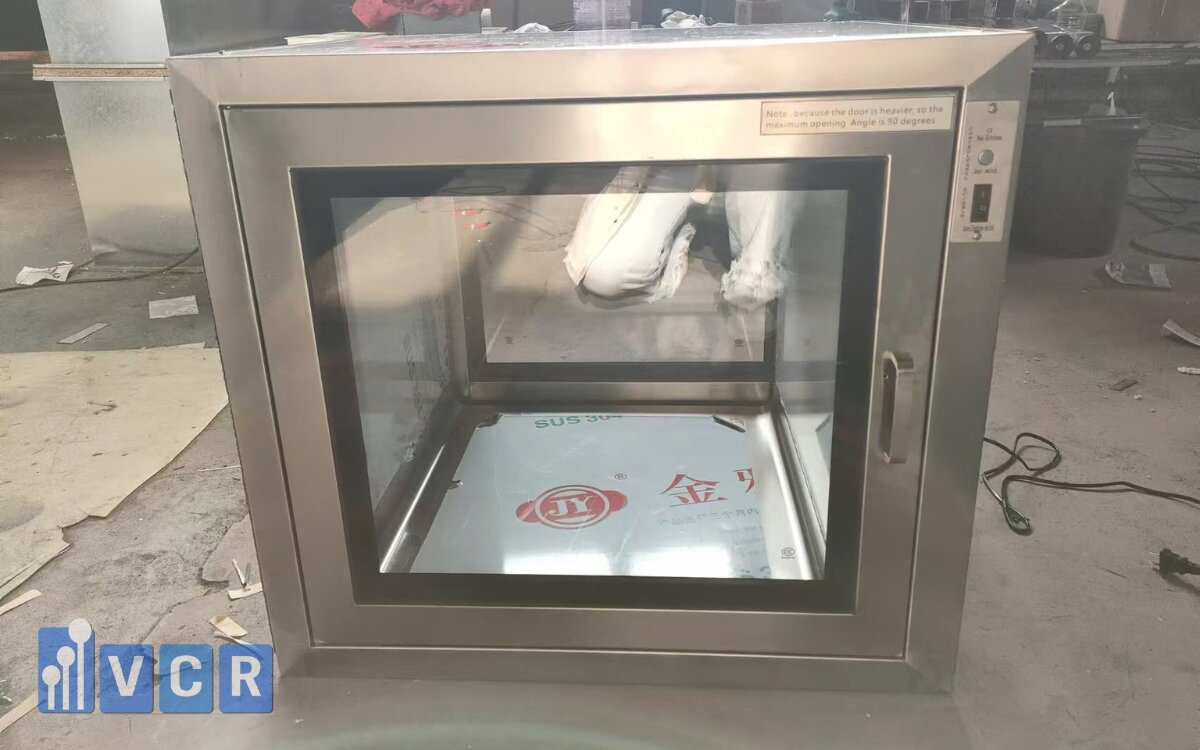
Clear Warranty Policy
- Mechanical Passbox: 12-month warranty
- Semi-automatic & Electronic Passboxes: 18-month warranty
- Post-warranty repairs available at preferential rates
- Genuine spare parts guaranteed
Expert Technical Support
- On-site installation consultation, cleanroom layout survey available in major provinces
- Assistance with system acceptance, interlock connection, airflow/pressure testing
- Full technical documentation provided, including:
- CO (Certificate of Origin)
- CQ (Certificate of Quality)
- Technical drawings
- User manuals and SOP templates
GMP - ISO 22716 Compliance
- All equipment meets GMP, ISO 22716, and HACCP audit requirements
- Optional documentation for incoming/outgoing quality control and internal acceptance testing
VCR is not just a supplier — we partner with clients throughout the entire process of cleanroom system installation, validation, and operation.
See more: UV light in pass box
6. Frequently Asked Questions About Passbox for Cosmetics Factories
1. Is a specific type of Passbox mandatory for cosmetic factories?
No single type is mandatory. However, according to ISO 22716, critical zones such as filling, weighing, and mixing rooms should use electronic Passboxes with HEPA filtration and automatic interlock to prevent cross-contamination.
2. Do electronic Passboxes require regular maintenance?
Yes. Electronic or filtered Passboxes should undergo inspection every 3-6 months, including:
- HEPA filter condition
- Door seal integrity and interlock system
- Sensor functionality
VCR offers on-site maintenance services for all customers.
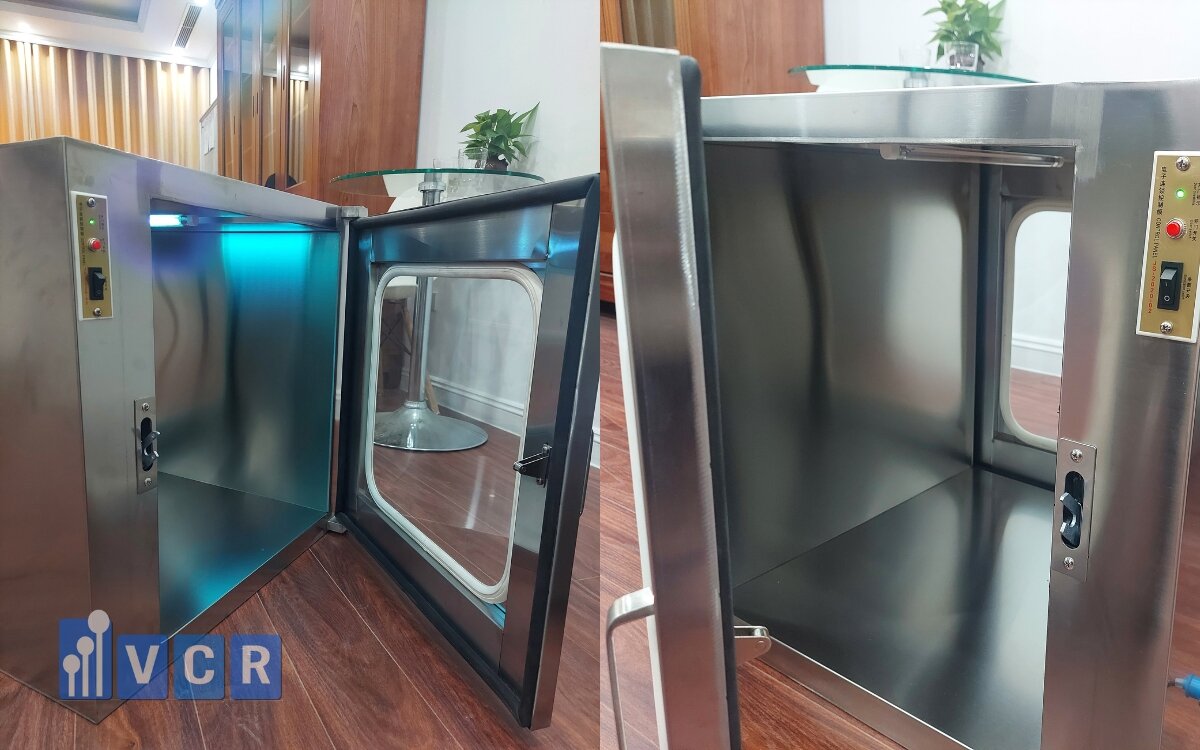
3. Can Passboxes be custom-built to specific dimensions?
Absolutely. VCR manufactures Passboxes based on your technical drawings or cleanroom layout, with lead times from 5-10 working days.
4. Do you provide documentation for GMP/ISO audits?
Yes. VCR provides a complete technical document package, including:
- Original CO & CQ
- Technical drawings and working principles
- User manual and SOP templates
- Internal acceptance test records upon request
5. Can Passboxes be upgraded with UV or smart features?
Yes. All Passbox models from VCR can be customized with:
- UV sterilization lamps
- Touchscreen control panels
- Door sensors, fan filters, warning systems, and more
Depending on your cleanliness standards and budget, we’ll suggest the best-fit solution.
7. Contact Us for the Right Passbox Solution for Your Cosmetic Plant
Do you need:
- A detailed price list for different Passbox models?
- Expert advice on choosing the right Passbox for each production area?
- Custom designs that meet ISO 22716 cleanroom standards?
- Full support for GMP audit documentation and on-site installation?
VCR is ready to support you — from technical consultation to final handover.
Hotline: 090.123.9008
Email: [email protected]
Website: https://Pass Box.vn
Diep VCR




